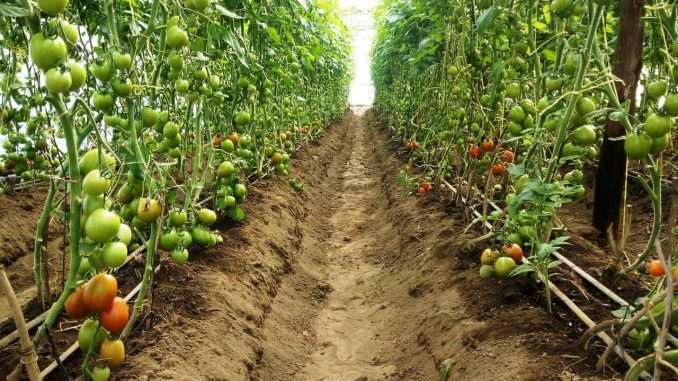
What are the farming systems in Kenya?
Agriculture in Kenya controls the country’s economy.15-17% of Kenya’s land is used for farming. Farming systems are a mix of soil, plants, animals, power, labor, and capital. The farming system includes cropping and livestock keeping. Farming is either on a small scale or large scale. Small scale farming is a farming method that uses little land. Cheap technology is also required in this method. On the other hand, large-scale farming uses a large piece of land. For instance, over 100 acres
The systems in farming change labor and land into useful products. Therefore, the products are sold in the market which helps build the country’s economy.
The various types of farming systems in Kenya are;
1. Mixed Farming
This involves growing crops and keeping animals on the same piece of land.
Benefits of mixed farming.
We have several benefits of mixed farming.
- It increases the growth of crops. Therefore, it increases produce
- A lot of profit is gotten from this farming hence the farmer earns a lot of money.
- It helps to recycle waste so that the environment is healthy.
- This farming increases the income of the farmer.
2. Agroforestry
This is the growing of trees, and crops and keeping animals on the same land.
Benefits of agroforestry.
- Agroforestry improves the quality of water.
- It increases the fertility of the soil, therefore, increasing the production of crops.
3. Pastoralism
This is the moving animals from one place to another.
- Dick Butkus bio-age, early life, career, illness and death.
- Liam Payne Bio-Age, Edu, Family, Net Worth, Awards, songs.
- Jeff Eliasoph bio-wiki, age, children, wife, WVTM 13, net worth.
- Travis Michels Bio-Age, Edu, Children, Wife, Net Worth, Career.
- Catherine Kasavuli Bio, Age, career, death.
- Lynn Martinez Fox 7 News, age, children, husband, net Worth.
- Ian Ziering age, family, wife, children, movies, attack, net worth.
Farmers look for pasture and freshwater.
Benefits of pastoralism.
- It requires no irrigation because farmers move from one place.
- During the rainy season, animals get the water they need from the plants they eat.
- Pastoralism is done in drylands.
4. Farming without chemicals.
This is growing crops and keeping animals without using chemicals.
Benefits.
- This method reduces soil erosion.
- It uses few pesticides because it is natural farming.
- Organic farming reduces the energy required so little money is required.
Advantages of farming systems.
- Farming systems maintain soil fertility
- Reduces soil erosion.
- It is a good practice where land is scarce.
- Reduces the spread of pests and diseases.
- The farmers can access a lot of crops.
Disadvantages of Farming systems.
- Farming systems are labor-intensive.
- A lot of money is required to start.
- It can lead to losses in case of poor management.
- Requires a high level of management.
- Bay head elementary school history, enrolment, programs offered.
- The best private primary schools in Nyeri county.
- Kenya Medical Training College, courses, requirements.
- Egerton university, fees, location, courses.
- List of best private primary schools in Kirinyaga County.
- A list of special secondary schools, and contacts.
- Mount Kenya University history, fees, courses